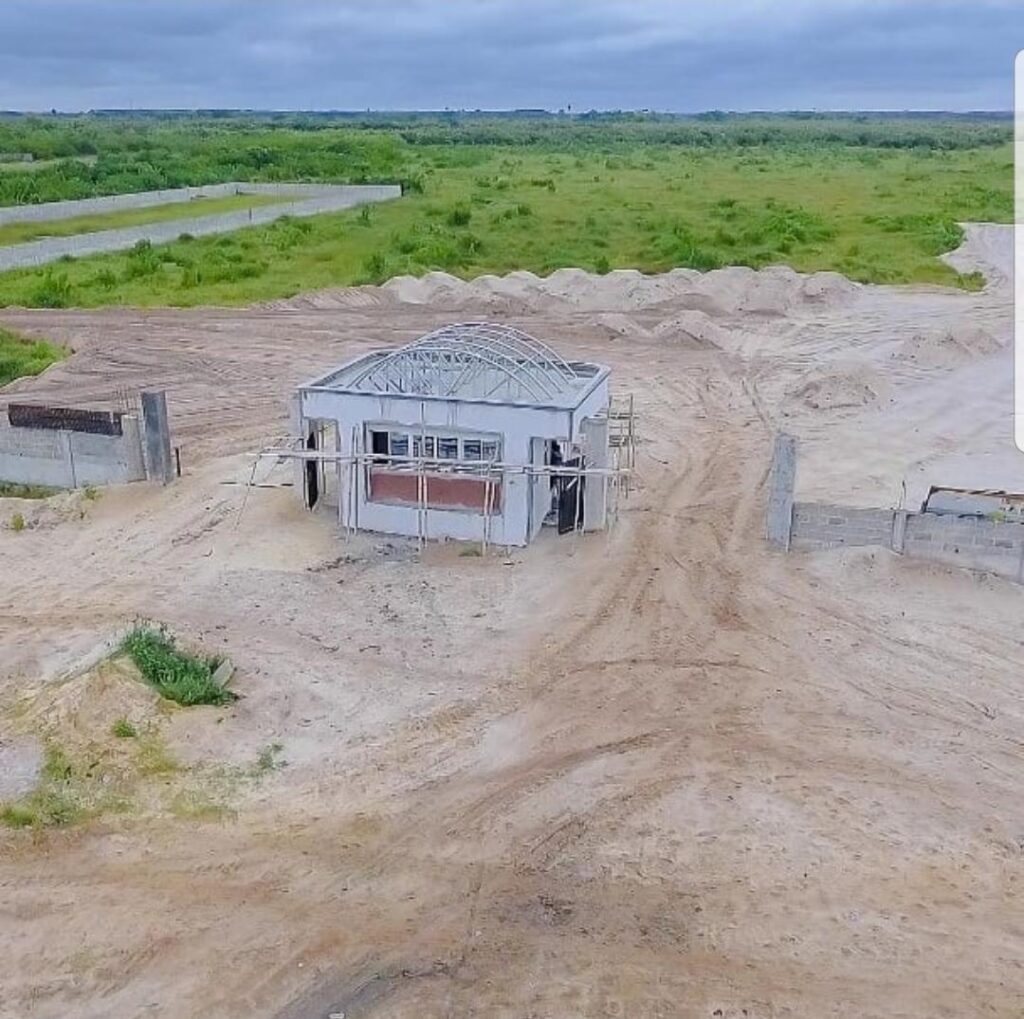Home, Uncategorized
Land Ownership in Nigeria: Navigating Legal and Cultural Complexities.
Owning land in Nigeria is a significant milestone in your journey in towards navigating legal and cultural complexities, but the journey is often fraught with legal and cultural complexities. Understanding the rules and navigating potential pitfalls is crucial for anyone looking to invest in land or secure a property.
The Legal Framework
The Land Use Act of 1978 is the cornerstone of land ownership in Nigeria. It vests all land within a state in the hands of the government, granting governors the authority to allocate land to individuals or organizations for use. A Certificate of Occupancy (C of O) serves as the primary proof of ownership, outlining the rights and obligations of the holder.
Common Challenges
Navigating land ownership in Nigeria comes with its challenges:
- Land Disputes: Boundary disagreements and communal land claims are frequent issues, often leading to prolonged legal battles.
- Fraudulent Sales: Unsuspecting buyers are sometimes sold land by unauthorized persons, leading to loss of money and legal complications.
- Obtaining a C of O: The process of acquiring a Certificate of Occupancy can be cumbersome, with bureaucratic delays and high costs.
Practical Advice for Investors and Buyers
To avoid pitfalls, consider these tips:
- Conduct Thorough Due Diligence: Verify the ownership and status of the land with relevant authorities before making any payments.
- Engage Professionals: Work with experienced surveyors, lawyers, and real estate agents to ensure the transaction is legitimate.
- Secure Proper Documentation: Always insist on obtaining a Certificate of Occupancy and other necessary documents to avoid future disputes.
- Understand Local Customs: Be aware of cultural practices and communal land ownership norms, especially in rural areas.
Conclusion
While land ownership in Nigeria offers immense opportunities, it requires a careful approach to navigate the legal and cultural hurdles. By understanding the legal framework, being vigilant against fraud, and securing proper documentation, investors and first-time buyers can successfully acquire land and protect their investments. Patience and due diligence are key to a seamless experience in Nigeria’s dynamic land market.

